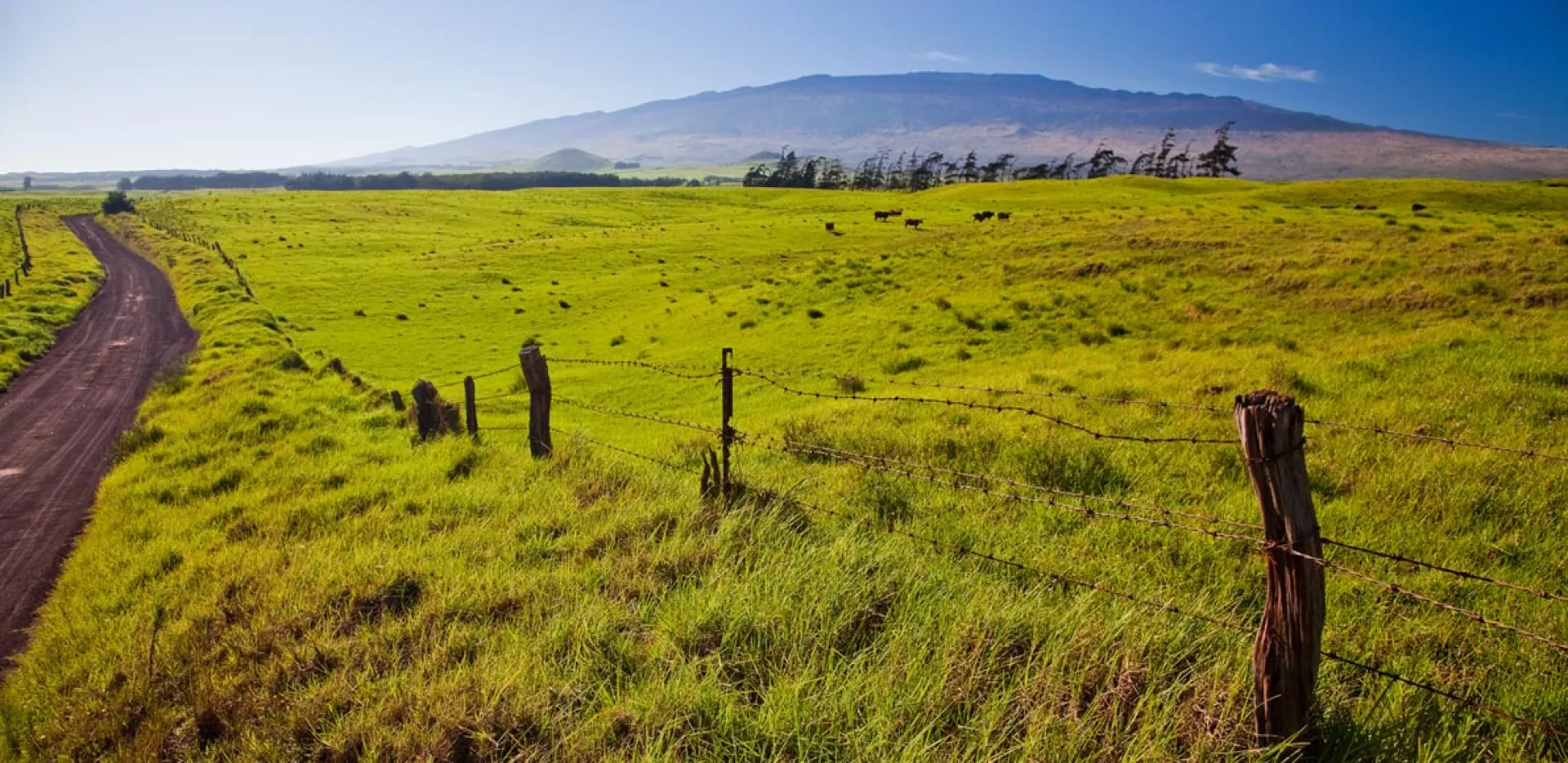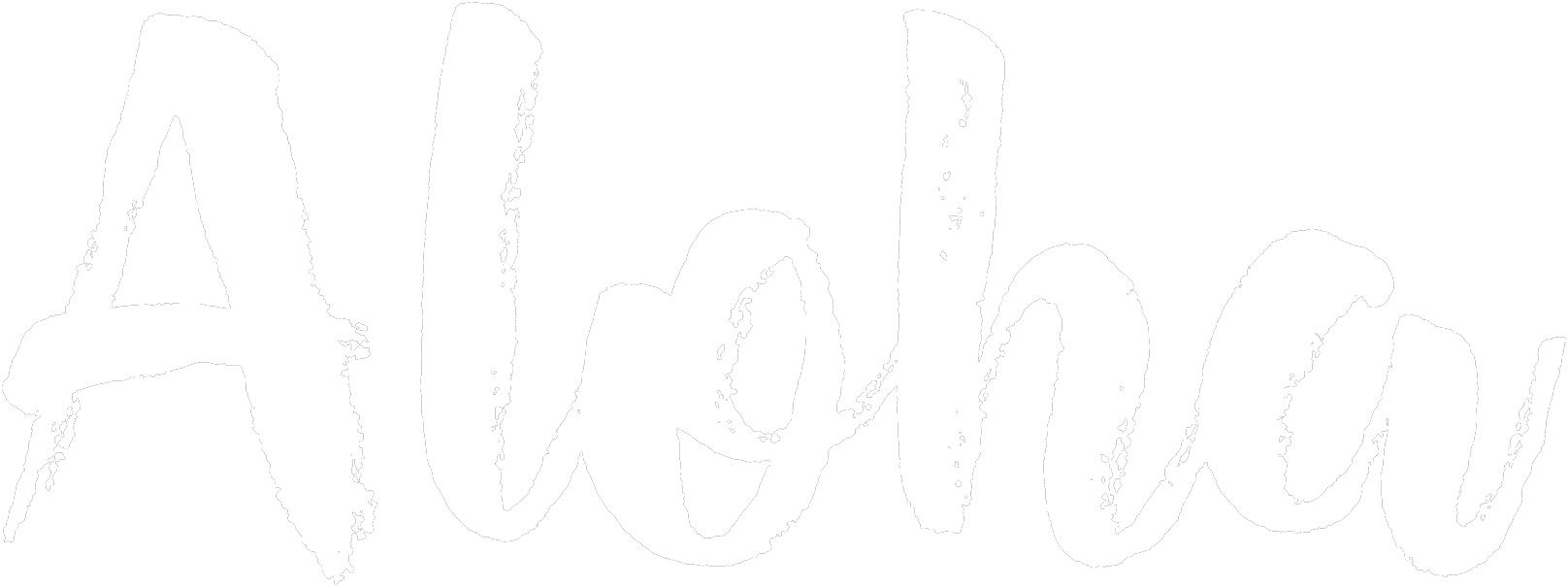
 Mele Kaʻapuni no Keawe Kū i ka Moku
Mele Kaʻapuni no Keawe Kū i ka Moku
Chant for the Island of Hawaiʻi: Mele Kaʻapuni No Keawe Kū I Ka Moku
In the Hawaiian storytelling tradition, chants and songs are composed to commemorate people, events, relationships and even excursions. This traveling chant takes listeners on a tour of the Island of Hawaiʻi to places special to composer Kamaka Kūkona and his hula lineage.
“The land of Keawe” refers to a king of the island, the great-grandfather of King Kamehameha I. One reference to the Island of Hawaiʻi is Moku O Keawe, the island of Keawe. This chant, a fine example of Hawaiian poetry at work, names many special places, winds and rains.
As in many hula traditions, this chant begins by paying homage to Pele, the volcano goddess. Uahi, the smoke referenced in the first verse, is one manifestation of Pele and is often seen during ceremonies held at Halemaʻumaʻu crater.
Kaʻapuni hoʻi i na ale o ke kai
Kaʻū aku kuʻu maka i ka uahi
Halii noho paʻa i ka ʻili kai
Helelei ē ka ua i ka moana
Aia i ke anu o Waimea
Maeele i ka ua Kīpuʻupuʻu
Puehu ʻae na ihe a ka makani
I Mahiki ē ka loa o ka nahele
He lei ke aloha ē
Kiekie Kaʻū kua makani
He umauma pa iʻa ē ke Aʻe Loa
He loa ka ʻikena mai Hāʻao
Au aku i ka nalu o Palahemo
He ʻiliʻili hānau a he ihi ʻula la ē
Eō ē ka wehi no kuʻu ʻāina
Hānau i ka ua Kanilehua
No Hilo Palikū a i Hilo One
He aloha nou ē Hilo Hanakahi
E ala ē, ē ala mai hoʻi ē
A mele for the land of Keawe in the calm
Circumferenced by the billows of the sea
My eyes gaze towards the smoky ash hued sky
Like a blanket covering the ocean’s surface
Then the rains fall upon the ocean to cease it
There in the cold of Waimea
Chilly by the Kīpuʻupuʻu rain
The wind blusters like piercing spears
At Mahiki lays the expanse of the forest
A lei of love indeed
Majestic is Kaʻū with its back against the wind
With its chest grazed by the Aʻe Loa wind
Vast is the sight from Hāʻao
To the waves of Palahemo
Born are the pebbles, a sacred offspring
Respond, song of praise for my land
Born in the Kanilehua rain
From Hilo Palikū to Hilo One
And love to you oh Hilo Hanakahi
Arise, arise
